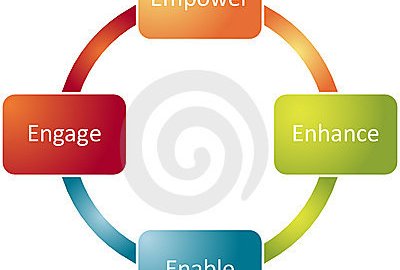“Why doesn’t this feel empowering? Working through the repressive myths of critical pedagogy” This reading is about Ellsworth’s experiences teaching a course called (“Media and Anti-Racist Pedagogies” in 1988) at UW-Madison. Ellsworth address, the role of dialogue in education. “Through dialogue, a classroom can be made into a public sphere, a locus of citizenship in which students and teachers can involve with the process of deliberation and discussion aimed at advancing the public welfare in accordance with fundamental moral judgments and principles…Dialogue is offered as a pedagogical strategy for constructing these learning conditions, and consists of ground rules for classroom interactions using language.’” (Ellsworth, 1989, p. 314).
The rules she mentions consist of one and the same opportunity to express, acceptance of ideas, and also rational critical inquiry, which points to a goal of merging within diversity. Nevertheless, given the influence and underlying forces of our society, our classrooms, and the multiplicity of perspectives, the dialogue described is, for Ellsworth both could be unachievable and unwanted. As Ellsworth says, “I expected that we would be able to ensure all members a safe place to speak, equal opportunity to speak, and equal power in influencing decision making. But does this really occur?
Teachers ought to recognize that they have a historical, political, and cultural perceptions and stake in the dialogue and discussion and permit students to name what they want to be empowered to do. Their social prejudice makes it difficult sometimes to fully comprehend student’s capabilities and experiences and to direct them towards realizing their “real” inward voice.
Some Key Terms to Remember: Historical Context, Critical Pedagogy, Critical Reflection Curriculum, Dialogue Instruction, Empowerment, Strategies for Educators, Thoughts, Rational vs. Irrational, Repressive Myths, Sameness, Social Change, Student Voice, Suffering and Teaching for Liberation.




